For much of its 25-year history, the Niger Delta Development Commission (NDDC) has carried the weight of high expectations as an agency created to fast-track development in Nigeria’s oil-rich region, yet often challenged by the scale of its mandate and the complexity of the terrain. Over time, the NDDC became a symbol of both hope and frustration for the people it was meant to serve. But under the leadership of Dr. Samuel Ogbuku, the commission is beginning to chart a different course, one that is pragmatic, people-focused, and grounded in accountability. At 50, Ogbuku embodies both the aspirations and resilience of the Niger Delta. A former youth activist turned administrator, he has set out to prove that the NDDC can deliver on its original promise by prioritising legacy projects, education, digital literacy, and sustainable livelihoods, Precious Ugwuzor reports
In its 25 years of existence, the Niger Delta Development Commission (NDDC) has remained central to conversations about the region’s growth. Established to bring lasting solutions to decades of neglect, the Commission has had moments of progress as well as missed opportunities. Today, however, under the leadership of Dr. Samuel Ogbuku, it appears to be turning a page, emphasising completion of legacy projects, empowering communities, and laying the groundwork for a more sustainable future.
For Ogbuku, who turned 50 this year as the NDDC also marked its silver jubilee, the convergence of these milestones is deeply personal. “I remember when the NDDC was established, I was in my final year at the University of Port Harcourt. I never imagined that one day I would lead this institution,” he reflects. “So for me, this is not just a role. It is a sober moment of reflection about what legacy I can leave behind.”
A Product of the Niger Delta Struggle
Born in Ayakoro, Ogbia Local Government Area of Bayelsa State, Dr. Ogbuku’s formative years were anything but privileged. Raised in a crowded neighborhood in Port Harcourt, he attended public schools- Christ the King School in Oromenike and Government Secondary School, Borokiri, before securing admission into the University of Port Harcourt to study Political and Administrative Studies. His story is not one of inherited advantage but of resilience and grit, qualities that shaped his philosophy of leadership.
“My life has taught me that the bitter experiences are as important as the sweet ones,” he says. “If I found it difficult to feed at one point, then my policies today should ensure no one else has to go through that.”
As a student leader, Ogbuku cut his teeth in activism, serving as a youth leader and later as Public Relations Officer of the Ijaw Youth Council (IYC) Central Zone. Those years immersed him in the agitation for justice and equitable development in the Niger Delta. It was a struggle that claimed lives and livelihoods, but also galvanised a generation of young leaders, including Ogbuku, who believed their region deserved more than environmental degradation and economic exclusion.
From Government Aide to Traditional Ruler
Ogbuku’s career spans over two decades, blending activism, governance, and entrepreneurship. He served as Personal Assistant to the Minister of State for Petroleum’s Special Assistant in 2005, and between 2007 and 2012, he was Chief of Staff at the Bayelsa State Government House under Governor Timipre Sylva. His years in public service were followed by a stint in the private sector, where he managed Fulfilled Farms Nigeria Limited, deepening his interest in agriculture and aquaculture.
The Bayelsa-born administrator is also a traditional ruler, serving as Deputy Paramount Ruler of Ayakoro Town in Ogbia LGA. This multiplicity of roles—activist, aide, entrepreneur, and monarch, has given him an unusual breadth of experience and empathy. “That is why I can easily connect with young people, students, and even rural communities,” he says. “I have lived through their realities.”
Rewriting the NDDC Story
When Ogbuku assumed office as Managing Director of the NDDC, he inherited not just an agency but a perception problem. To many Nigerians, the Commission had become synonymous with unfulfilled promises. Changing that narrative required more than rhetoric; it demanded results.
The Okitipupa electrification project in Ondo State stands as one of the clearest markers of this shift. For 15 years, the people of Ondo South lived without electricity, despite being part of an oil-producing area. Under Ogbuku’s leadership, and with a push from President Bola Tinubu to revive abandoned projects, light finally returned to the region.
But electrification is just one example. From the 27-kilometer Ogbia-Nembe Road with seven bridges, to the 600-meter bridge linking Ibuno to Eastern Ogulu in Akwa Ibom, and the 1.2-kilometer Kaa-Ataba Bridge—currently the longest in the region—Ogbuku has made completing legacy projects the cornerstone of his administration. Abandoned projects, some lying fallow for 15 to 20 years, are now being dusted off and finished.
Building Human Capital
Yet, for Ogbuku, infrastructure alone does not equate to development. He has made education and digital literacy a priority, believing that the future of the Niger Delta depends on its youth. Under his watch, the Commission’s foreign postgraduate scholarship program has gained renewed credibility, producing scholars who graduate with distinction abroad.
But recognising that not all can study overseas, he expanded the initiative to include local postgraduate scholarships for 600 Nigerian students annually.
Equally groundbreaking is the Commission’s push into digital education. In partnership with the First Lady’s Renewed Hope Initiative, the NDDC distributed 45,000 uLesson tablets to schools across the region.
Preloaded with curriculum materials, the tablets are designed to bridge gaps for students who lack access to private tutors and prepare them for a future where digital literacy is non-negotiable.
“Building walls doesn’t educate the mind,” Ogbuku says pointedly. “We must prepare young people to compete globally.”
Tackling Youth Restiveness
The Niger Delta has long been synonymous with youth restiveness, militancy, and disruption of oil production. But under Ogbuku, there is a marked shift. By engaging young people directly in development projects—rather than leaving them at the margins—he has helped calm a restive population.
Former agitators who once blocked the gates of the NDDC now boast of constructing roads and installing solar streetlights.
The Commission has also expanded skill acquisition programs, moving away from one-day workshops and token “starter packs” to longer, more sustainable training. In Port Harcourt, for instance, 200 youths are undergoing a three-to-four-month fashion design training program, complete with accommodation and supervision. The goal, Ogbuku emphasises, is sustainability, not handouts.
Agriculture, Aquaculture, and the Future
A strong advocate for agriculture, Ogbuku sees the sector as key to economic independence for the Niger Delta. He has proposed an integrated agricultural roadmap, urging the nine states to specialise in their areas of strength—cassava, rice, or maize, and complement each other. “Why must we depend on imported rice when we have the natural terrain for swamp rice?” he asks.
Aquaculture also holds promise, not just for food sufficiency but as a source of jobs and revenue. With the Niger Delta’s natural waterways, Ogbuku argues that the region could become a national hub for fish farming, reducing Nigeria’s dependence on imported fish.
Rebuilding Trust
Of course, the biggest challenge remains trust. Years of mismanagement left scars, but Ogbuku insists the NDDC is turning the page. To institutionalise transparency, the Commission has engaged KPMG to design a corporate governance structure, including standard operating procedures and a code of conduct. This, he believes, will not only reassure Nigerians but also attract donor agencies and development partners.
“The public shouldn’t keep looking at the past,” he says firmly. “We are determined to build a future for the Niger Delta.”
Documenting the Journey
At 50, Ogbuku chose not to celebrate with fanfare but with ideas. He unveiled two books: Strategies and Imperatives for Developing the Niger Delta Region and Rethinking the Niger Delta. Both works capture his thoughts, policies, and vision for the region.
“It is always good to document,” he explains. “The future can be shaped through literature. Our youths need guidance, and if we don’t write, they are left without direction.”
The Legacy He Seeks
For Dr. Ogbuku, legacy is not measured in the number of bridges or roads, but in something less tangible yet far more enduring: restoring confidence in an institution many had written off. “When I leave, I want people to say we turned around an agency that had been condemned and made it the envy of others,” he says.
Already, partnerships once thought unlikely are beginning to take shape, as foreign agencies and local stakeholders show renewed interest in working with the NDDC. Confidence, both at home and abroad, is gradually returning. If sustained, that shift could prove to be his true achievement, not just in physical infrastructure or scholarship schemes, but in rebuilding belief in the Commission itself.
And in a region long accustomed to scepticism, could there be any greater legacy than restoring trust?



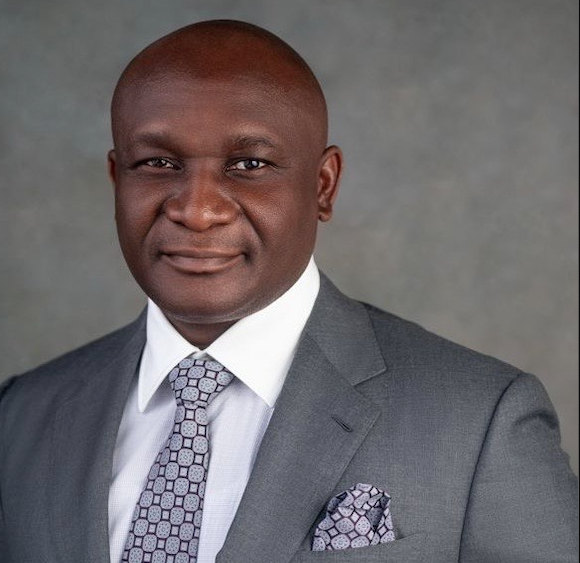



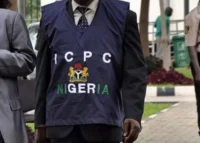

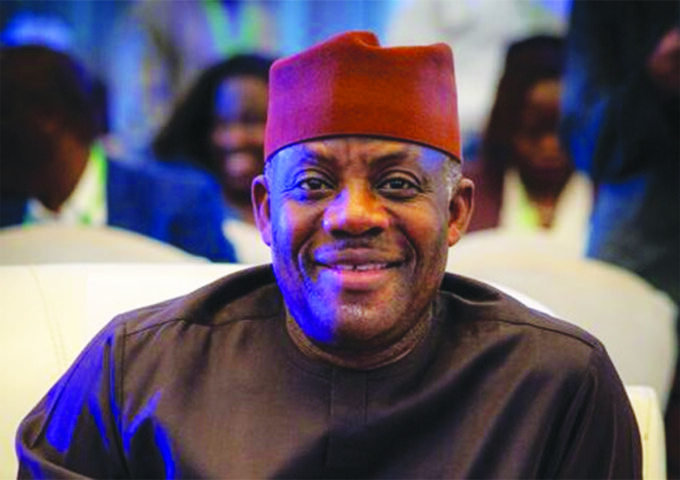
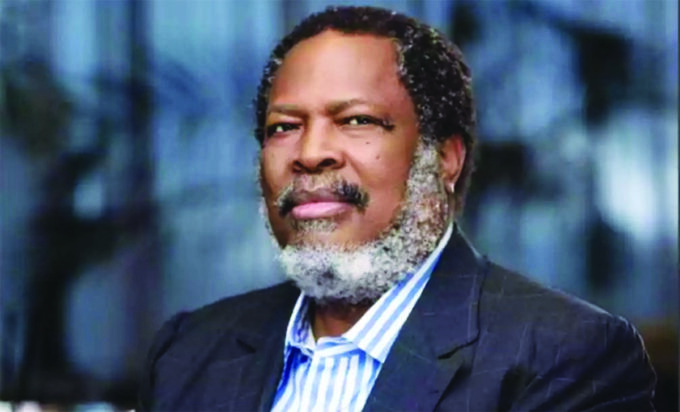
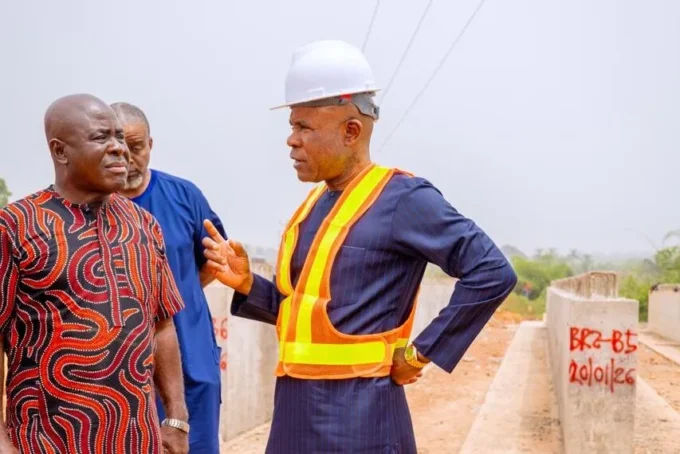
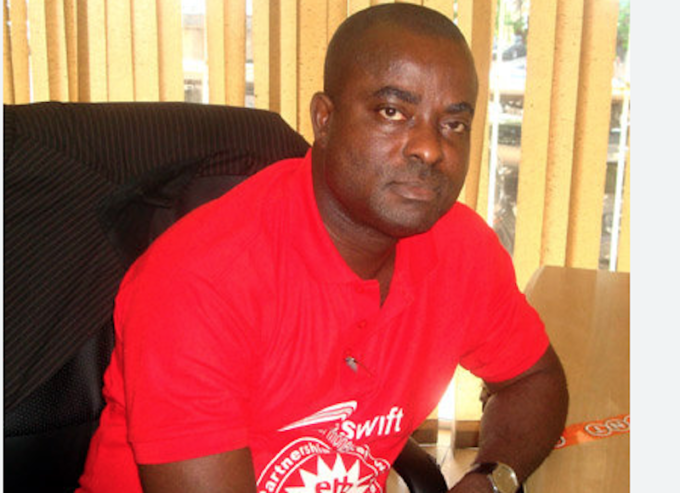



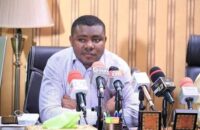
Leave a comment